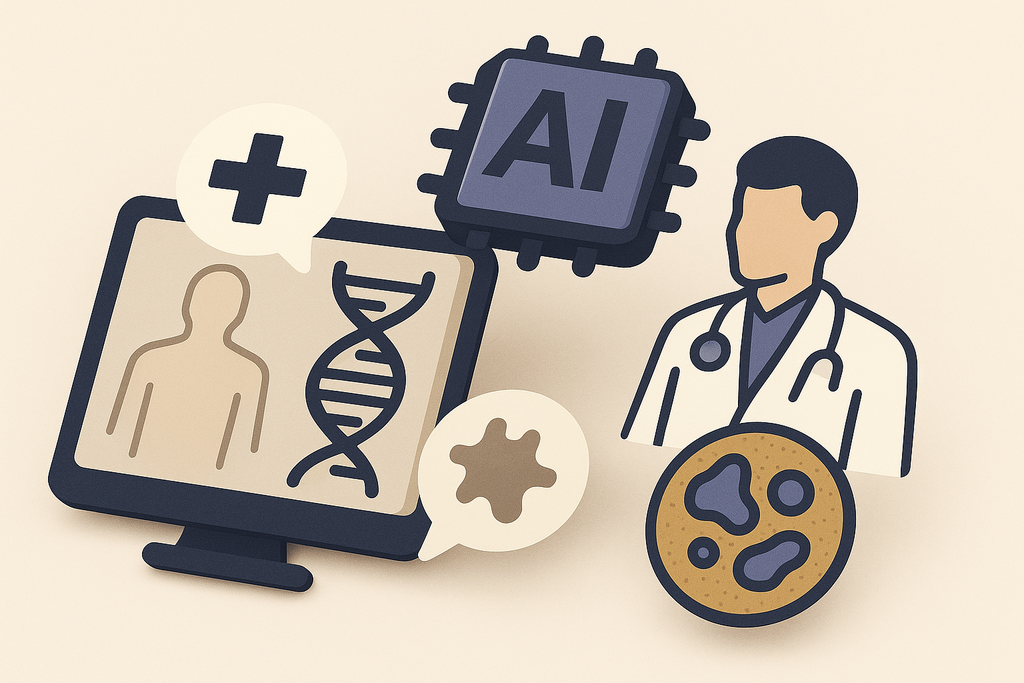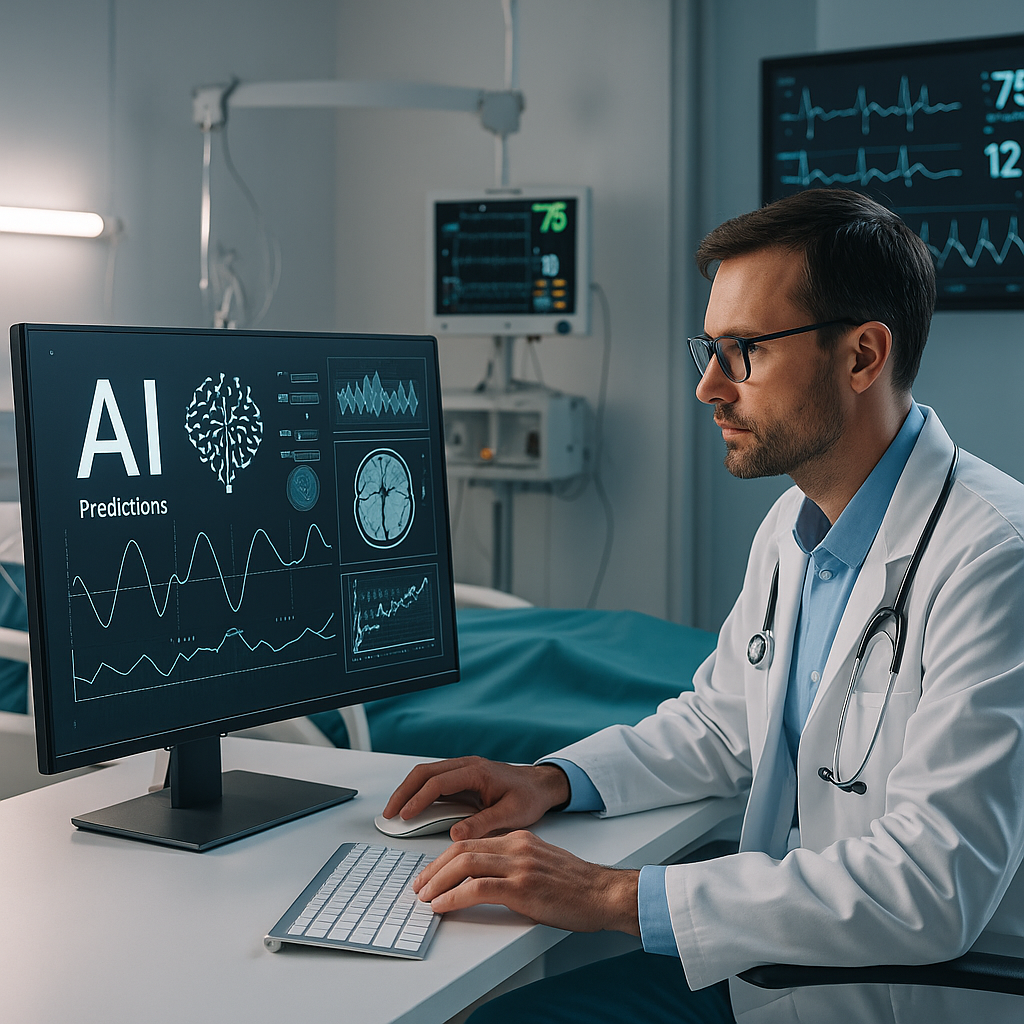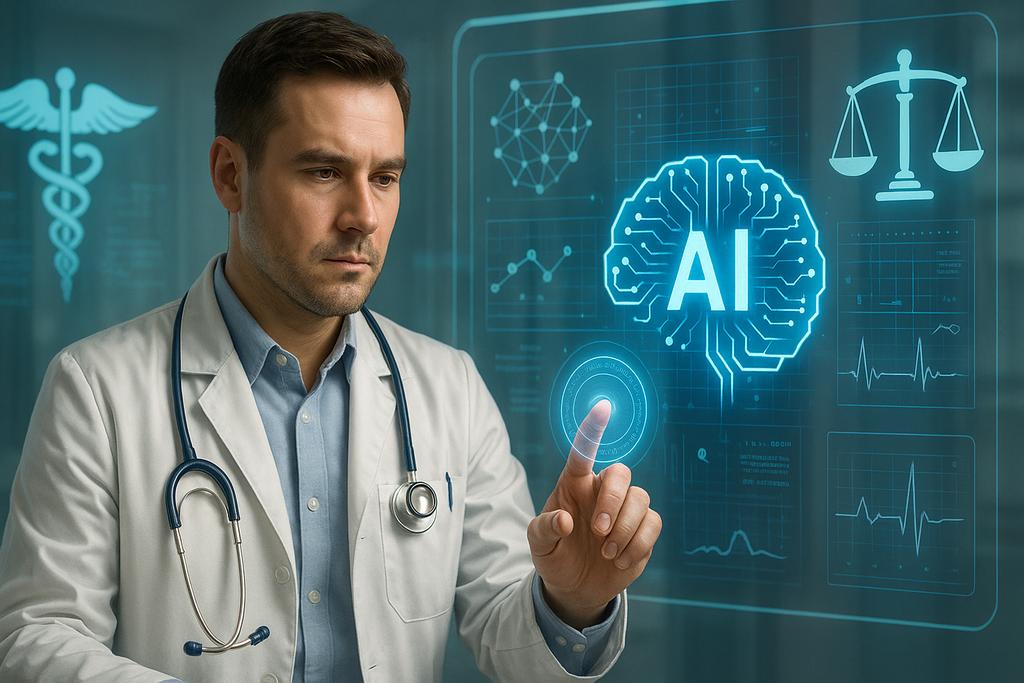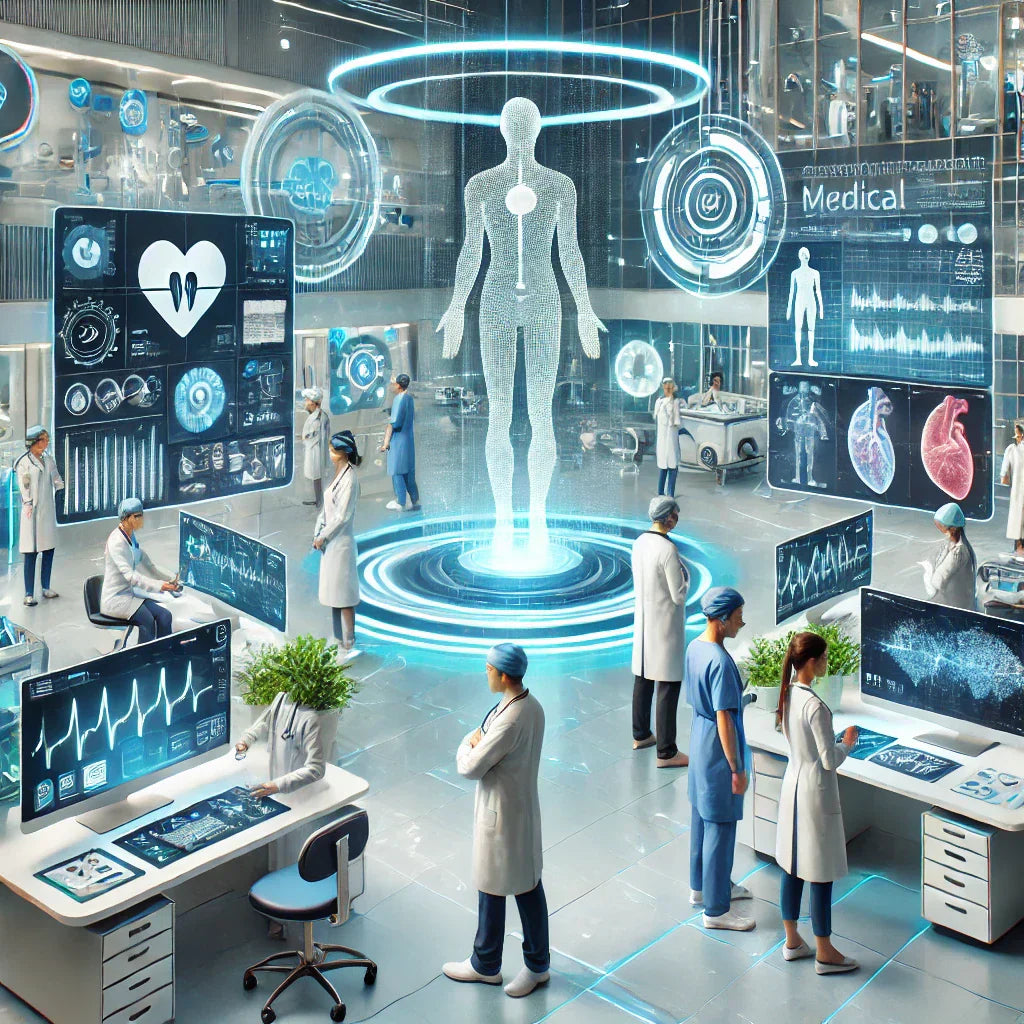News — AI in healthcare
Faster, More Accurate Diagnosis: The Power of AI in Telehealth for Rare Diseases
AI in healthcare rare diseases telehealth
Imagine struggling with unexplained symptoms for years, visiting multiple specialists, undergoing endless tests—only to leave without a diagnosis. For millions of people living with rare diseases, this is the norm. But thanks to the rise of artificial intelligence (AI) in telehealth, this frustrating journey may finally have a hopeful detour.
AI-powered tools are transforming the way healthcare professionals detect, analyze, and treat rare conditions—many of which are notoriously difficult to diagnose. By integrating big data, machine learning algorithms, and remote health platforms, AI in telehealth is bringing faster, more accurate diagnoses to the people who need them most—regardless of their location. In this article, we explore how this cutting-edge combination is rewriting the future of rare disease care.
The AI Doctor’s Assistant: How Machine Learning Is Saving Lives in the ICU
AI ethics in healthcare AI for doctors AI in critical care AI in healthcare AI in pandemics AI-driven diagnostics artificial intelligence in ICU clinical decision support explainable AI hospital AI systems ICU data analysis ICU machine learning ICU patient monitoring intelligent health systems medical AI assistant natural language processing healthcare predictive healthcare AI real-time health monitoring sepsis prediction AI smart hospitals
In the high-stakes environment of an Intensive Care Unit (ICU), every second counts. Physicians face an overwhelming amount of data—vital signs, lab reports, medication charts, and clinical notes—every minute of every day. In this fast-paced, high-pressure setting, even the most experienced medical teams can be stretched thin. But now, artificial intelligence (AI), powered by machine learning, is emerging as a life-saving assistant, helping doctors make faster, more accurate, and often earlier decisions that improve patient outcomes.
Machine learning in the ICU isn’t about replacing doctors—it’s about amplifying their capabilities. From predicting sepsis hours before symptoms arise to identifying which patients are most likely to deteriorate, AI-driven tools are reshaping critical care. This article explores how machine learning is transforming ICUs worldwide and why the fusion of human expertise and intelligent algorithms could mark a turning point in critical care medicine.
Ethical Concerns About AI in Healthcare: Risks, Rights, and Responsibilities
AI accountability AI and patient rights AI healthcare inequality AI in healthcare AI medical transparency algorithm bias artificial intelligence healthcare bias in medical AI clinical decision AI ethical issues in AI healthcare AI regulation healthcare algorithms healthcare ethics HIPAA and AI informed consent AI medical AI risks medical ethics technology patient data privacy responsible AI use trust in AI
Artificial intelligence (AI) is transforming the face of healthcare—from early disease detection and predictive diagnostics to robotic surgeries and personalized medicine. While these innovations promise increased efficiency and accuracy, they also open the door to a wide range of ethical concerns. As AI systems become more embedded in clinical decisions and patient care, questions about privacy, bias, accountability, and transparency become impossible to ignore.
AI in healthcare is not just about algorithms and data—it's about people. The stakes are high, and ethical missteps could undermine trust in both technology and the professionals who use it. This guide explores the complex ethical landscape surrounding AI in medicine, highlighting the challenges, risks, and considerations that must be addressed to ensure these tools are used responsibly.
From Diagnosis to Treatment: The Impact of AI on Every Stage of Healthcare
AI in healthcare AI research artificial intelligence big data healthcare diagnostics digital health future of medicine healthcare technology medical innovation personalized medicine precision medicine robotics surgery telemedicine
Artificial Intelligence (AI) is transforming the landscape of healthcare. From enhancing diagnostic accuracy to personalizing treatment plans and optimizing patient care,
AI is revolutionizing how medicine is practiced. In this comprehensive guide, we explore the diverse ways in which AI is reshaping healthcare, provide scientific insights, and offer practical tips to help both beginners and experienced readers understand and embrace these innovations for a healthier future.




